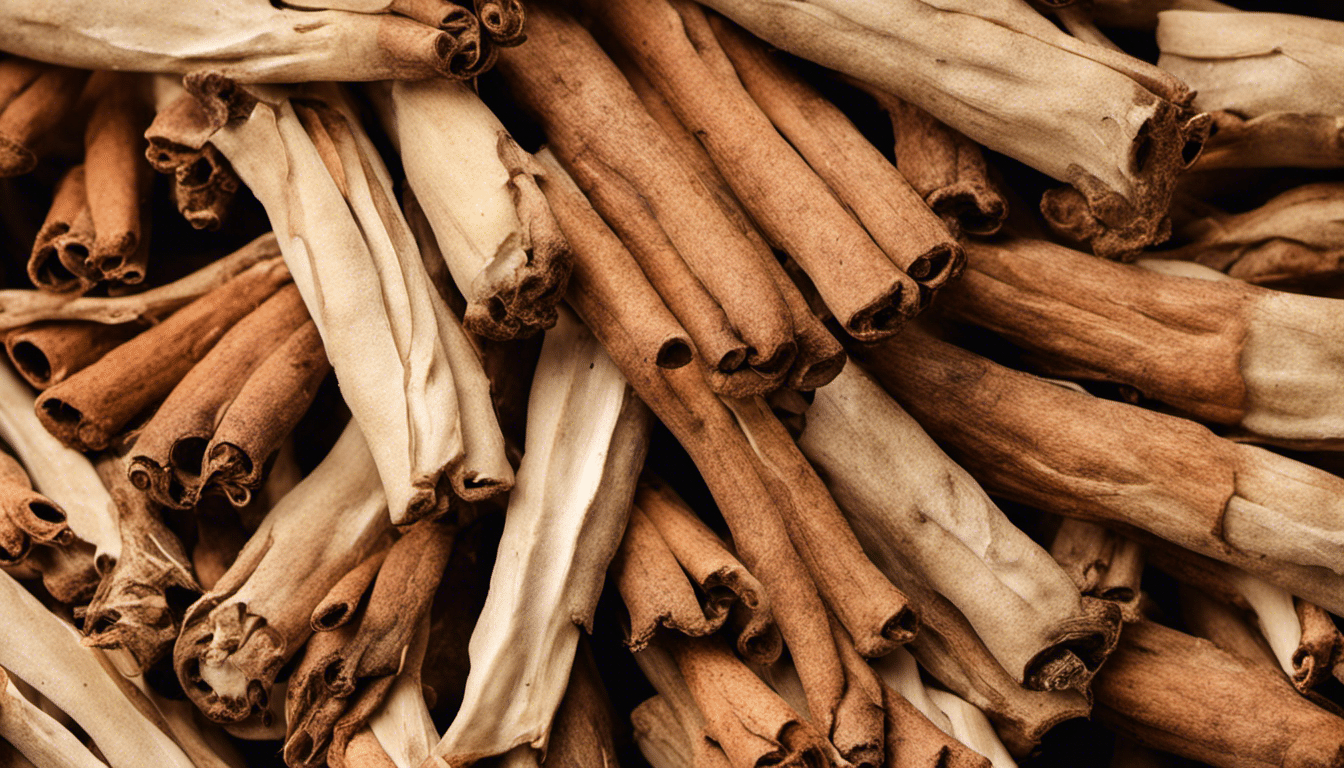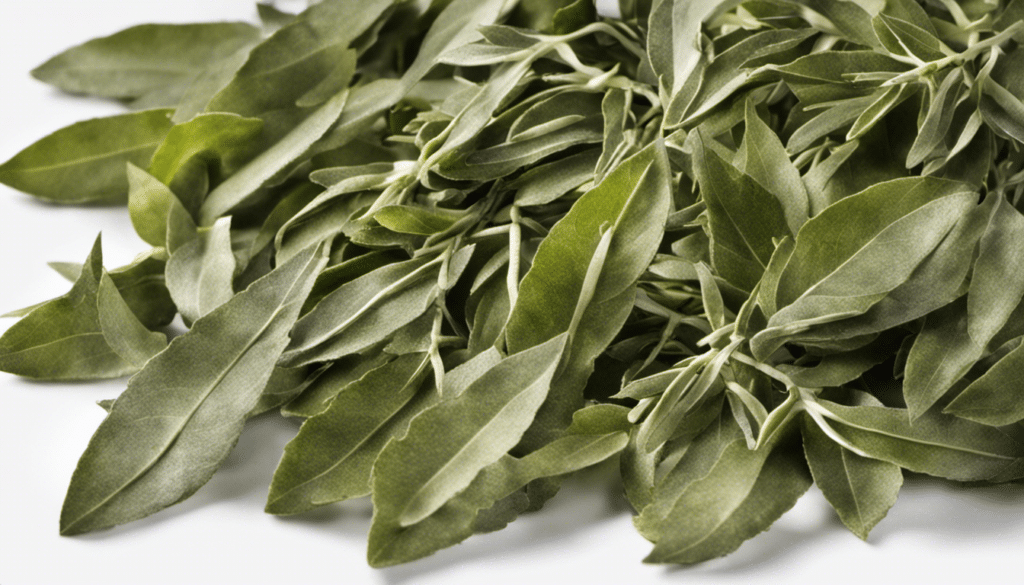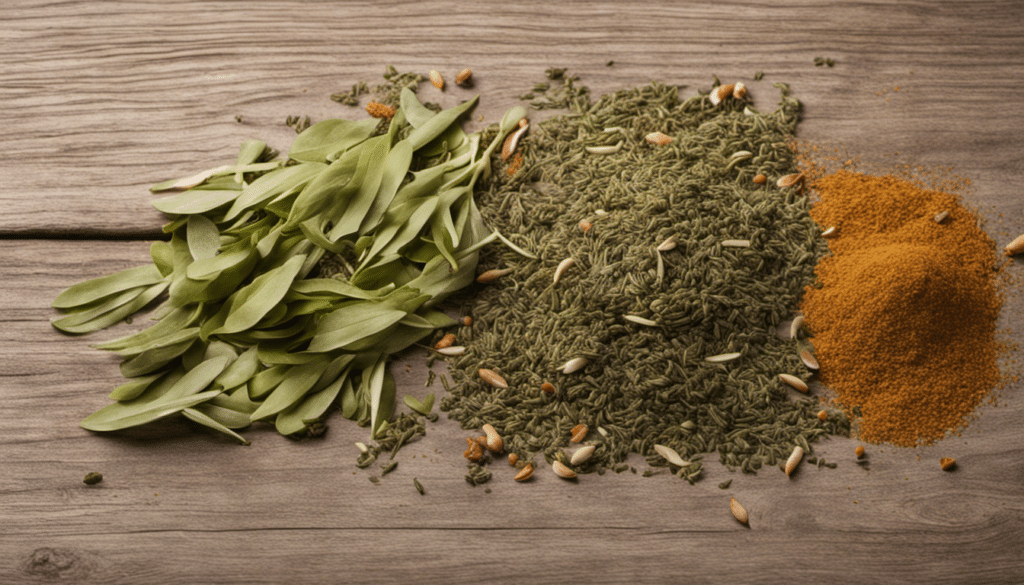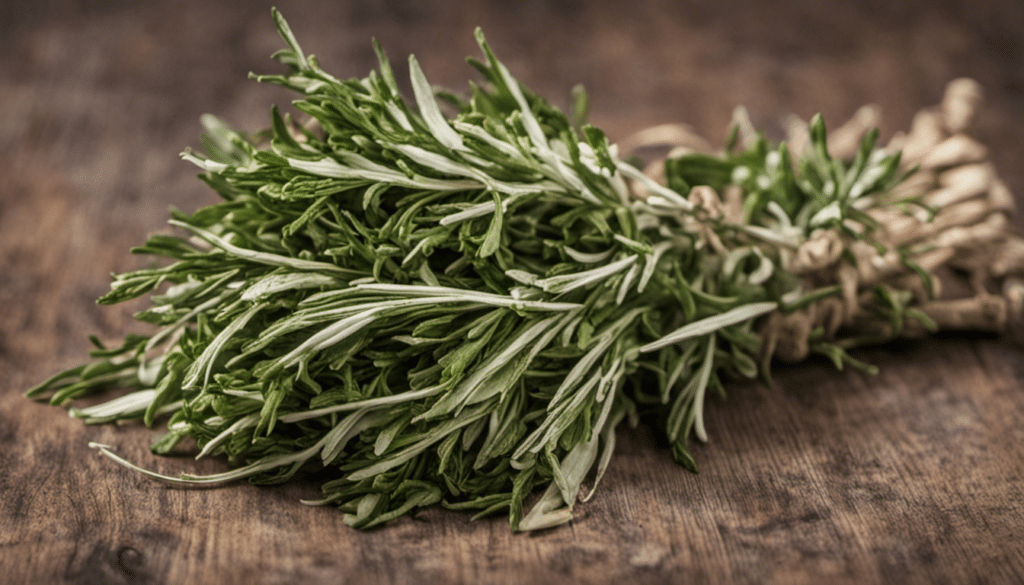Everything You Need to Know About White Cinnamon
Often endowed with an aura of mystery and exclusivity, white cinnamon may be lesser-known compared to its brown counterpart, but it’s equally intriguing, if not more so. Also known as ‘Ceylon cinnamon’ or ‘true cinnamon’, this unique spice holds quite some exciting secrets in its delicate, papery quills.
The Origins and Unique Properties of White Cinnamon
White cinnamon, as its alternate name suggests, originates from the paradise island of Sri Lanka (formerly Ceylon). Unlike the more common and intense cassia cinnamon, white cinnamon comes from the inner bark of a tropical evergreen tree known as Cinnamomum zeylanicum. This tree, native to Sri Lanka and southern parts of India, produces a more delicate, subtly sweet flavor that is a hot favorite among gourmet chefs and food aficionados around the world.
What distinguishes white cinnamon is its unique, complex flavor. Its taste profile encompasses a delicious symphony of notes — a tantalizing blend of citrus, clove, and honey with a hint of exotic spices. Unlike cassia cinnamon’s strong, red-hot candy-like flavor, white cinnamon’s flavor is refined and subtly sophisticated, akin to a charming, whispered invitation to an eternal dance of flavors.
A Multitude of Health Benefits
White cinnamon is not just about an exotic flavor; it also brings a wealth of health benefits that have been revered for centuries. A significant reason for its health-boosting prowess is the compound cinnamaldehyde, more prevalent in Ceylon cinnamon compared to its Cassia counterpart.
Known for its anti-inflammatory, antimicrobial, and antifungal properties, cinnamaldehyde may contribute to a healthier heart by reducing high blood cholesterol and triglyceride levels. Additionally, white cinnamon is touted to help regulate blood sugar levels, making it a potentially beneficial spice for those managing diabetes. Although more research is needed to understand these health benefits fully, white cinnamon’s anecdotal health lore is profoundly rooted and widely trusted.
No less noteworthy is the fact that white cinnamon boasts fewer quantities of coumarin compared to cassia cinnamon. Coumarin, while naturally occurring, can lead to liver damage in high quantities. Therefore, if one consumes cinnamon in large amounts, white cinnamon undoubtedly becomes a healthier choice to consider.
White cinnamon’s allure lies in its delicate flavor, rich cultural history, and potential health benefits. If you’re a daring gastronome searching for an exquisite, multi-faceted spice to liven up your culinary adventures, look no further than the elegant white cinnamon!
White Cinnamon Recipe Ideas
- White Cinnamon Honey Roasted Almonds
- White Cinnamon Sugar Cookies
- White Cinnamon Apple Pie
- White Cinnamon Vanilla Muffins
- White Cinnamon Baked Chicken
- White Cinnamon and Nutmeg Pumpkin Soup
- White Cinnamon Spiced Hot Chocolate
- White Cinnamon and Pear Crumble
- White Cinnamon Quinoa Breakfast Bowl
- White Cinnamon-infused Butter Chicken Curry




